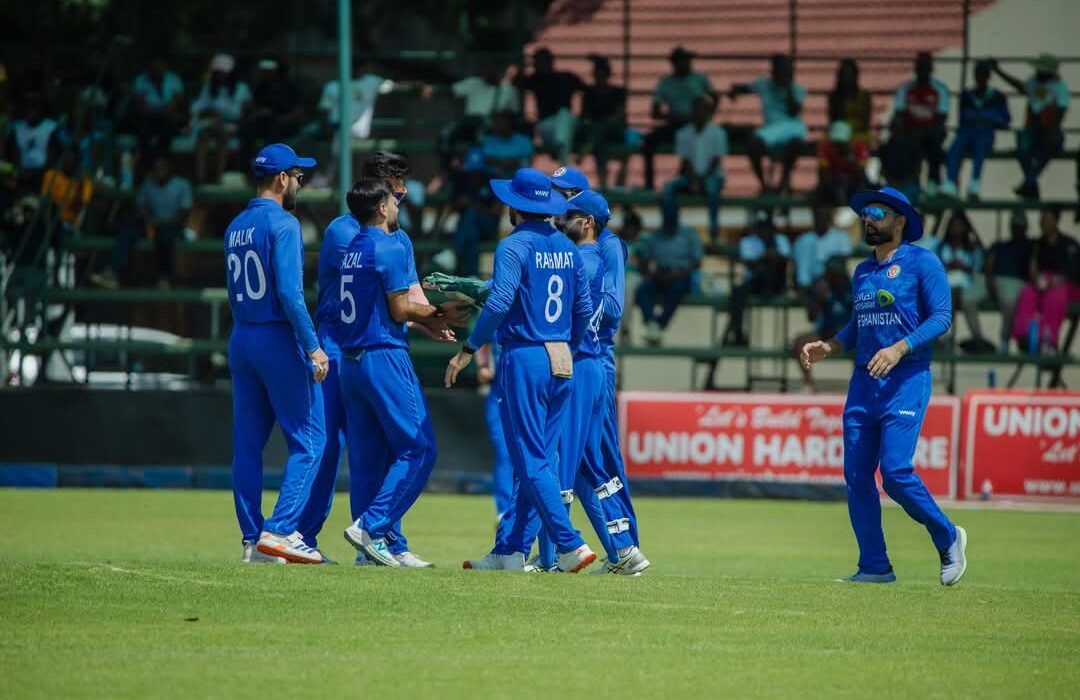LONDON — The England and Wales Cricket Board (ECB) has rejected calls for the national team to boycott an upcoming match against Afghanistan in the ICC Champions Trophy, despite widespread condemnation of the Taliban’s assault on women’s rights.
More than 160 British lawmakers, including prominent figures such as Nigel Farage, Jeremy Corbyn, and Lord Kinnock, signed a letter urging the ECB to withdraw from the February 26 group-stage match in Lahore. The letter, spearheaded by Labour MP Tonia Antoniazzi, described the Taliban regime as an “insidious dystopia” and called for decisive action to protest the suppression of Afghan women and girls.
Lawmakers demand action
The letter condemned the Taliban’s effective ban on women participating in organized sports, a violation of International Cricket Council (ICC) rules. It called on the ECB to take a stand by refusing to play against Afghanistan, saying this would “send a clear signal that such grotesque abuses will not be tolerated.”
“We must stand against sex apartheid and implore the ECB to deliver a firm message of solidarity and hope to Afghan women and girls that their suffering has not been overlooked,” the letter stated.
ECB responds
Richard Gould, the ECB’s chief executive, responded on Monday by emphasizing the importance of collective action over unilateral measures. While condemning the Taliban’s treatment of women and girls, Gould said the ECB preferred a coordinated approach involving the ICC and other member nations.
“A coordinated, ICC-wide approach would be significantly more impactful than acting alone,” Gould said, according to Sky News. He noted that the ECB had not arranged any bilateral matches against Afghanistan and promised to advocate for further international action.
“It’s crucial to recognize the importance of cricket as a source of hope and positivity for many Afghans, including those displaced from the country,” Gould added. He acknowledged concerns that a boycott could inadvertently support the Taliban’s efforts to suppress freedoms and isolate Afghan society.
“We are committed to finding a solution that upholds the rights of women and girls in Afghanistan while also considering the broader impact on the Afghan people,” Gould said.
According to Sky News, a spokesperson for the Department for Culture, Media and Sport expressed deep concern over the erosion of women’s rights in Afghanistan. The spokesperson welcomed the ECB’s engagement with the ICC and its advocacy for addressing the lack of women’s participation in Afghan cricket.
In 2003, England forfeited a World Cup match against Zimbabwe in protest of Robert Mugabe’s regime, a decision that set a precedent for political involvement in cricket decisions. However, the government in this case has refrained from intervening directly, leaving the decision to the ECB and the ICC.





